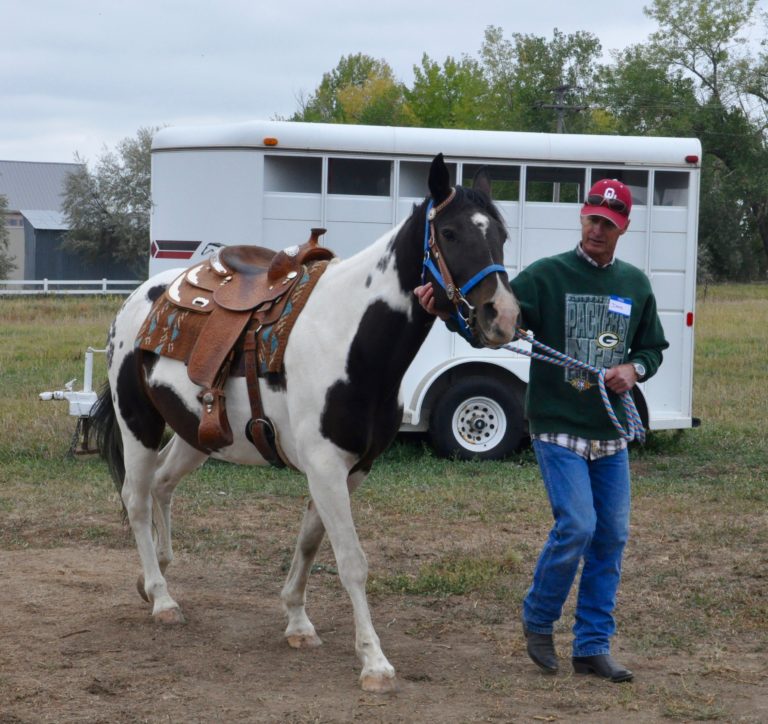Horses’ overall water consumption decreases as its temperature drops.
Credit to: The Horse
Posted by Clair Thunes, PhD
Q: Should I give my horses warm drinking water in the cold weather? What are the pros and cons of warm drinking water versus cold during the winter?
A: Drinking water is one of the most important aspects of horse care in any season, but during the winter, providing fresh water can be particularly challenging due to freezing temperatures. Horses do not seem to mind drinking cold water: however, research shows that overall consumption decreases as water temperature drops. Researchers have also noted that if given the choice of cold and warm water, horses will preferentially drink the cold water. This becomes a problem if, through their choice, they are drinking less than they would have if only warm water been available. The ideal temperature for drinking water is 45-65 degrees Fahrenheit, but it can be made warmer if consumption remains low.
Decreased water consumption increases the risk of impaction colic, which is a major health concern and a leading cause of death. Therefore, take steps to maximize water consumption throughout the year. If you live in a cold climate where water freezes, having the ability to offer warm water is a good idea. This could be in the form of heated water buckets, insulated regular buckets, or adding boiling water to cold water to raise the temperature even for a short period.
RELATED CONTENT | Heated Water Trough Safety
If it is not possible to offer warmed water around the clock, consider making it available for a period of the day, such as overnight if horses are brought into stalls. Remember that if cold water is also available, your horse might choose to drink that rather than take advantage of your efforts to provide warmer water.
Researchers at the University of Pennsylvania have shown that heating water continuously versus providing ambient near-freezing water increases horses’ water consumption by 41%. They noted similar results (38% increase in consumption) when warmed water was provided twice a day versus continuously. Video footage showed the studied horses consumed most of the water within three hours of feeding. Consuming forage typically creates a drive to drink. Therefore, this might be the most opportune window in which to provide warmed water. Other important thirst stimulants that can help encourage water consumption include adding salt to feed rather than relying solely on salt blocks.
As to whether drinking cold water is dangerous, this is a myth that should be cast out. Allowing horses to drink cold water will not have negative health implications. Another winter water myth is that horses will gain the water they need by eating snow. This is very unlikely, as the water content of snow can be quite low, and it is just not feasible for it to meet horses’ need to consume 30 to 50 plus liters a day.






